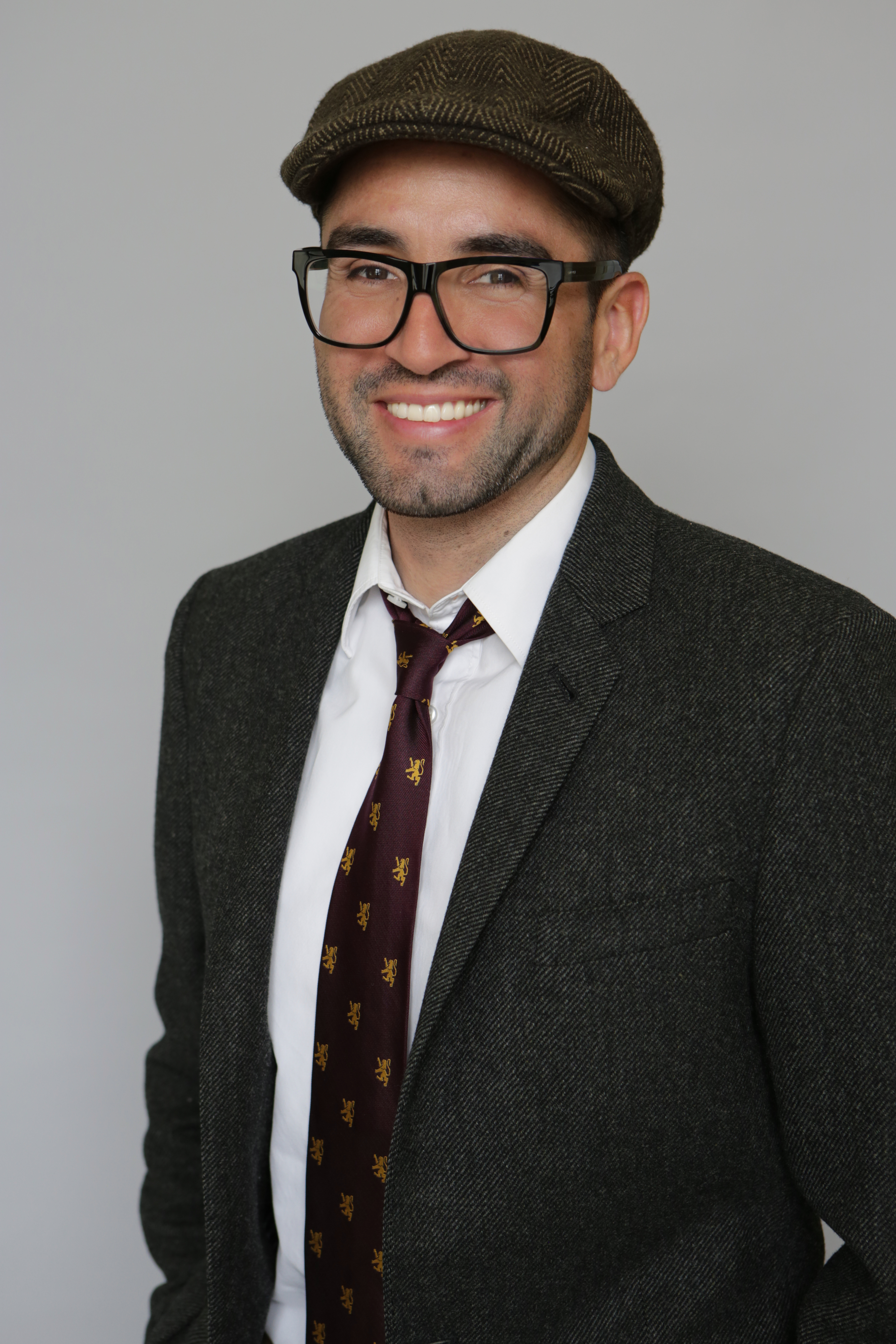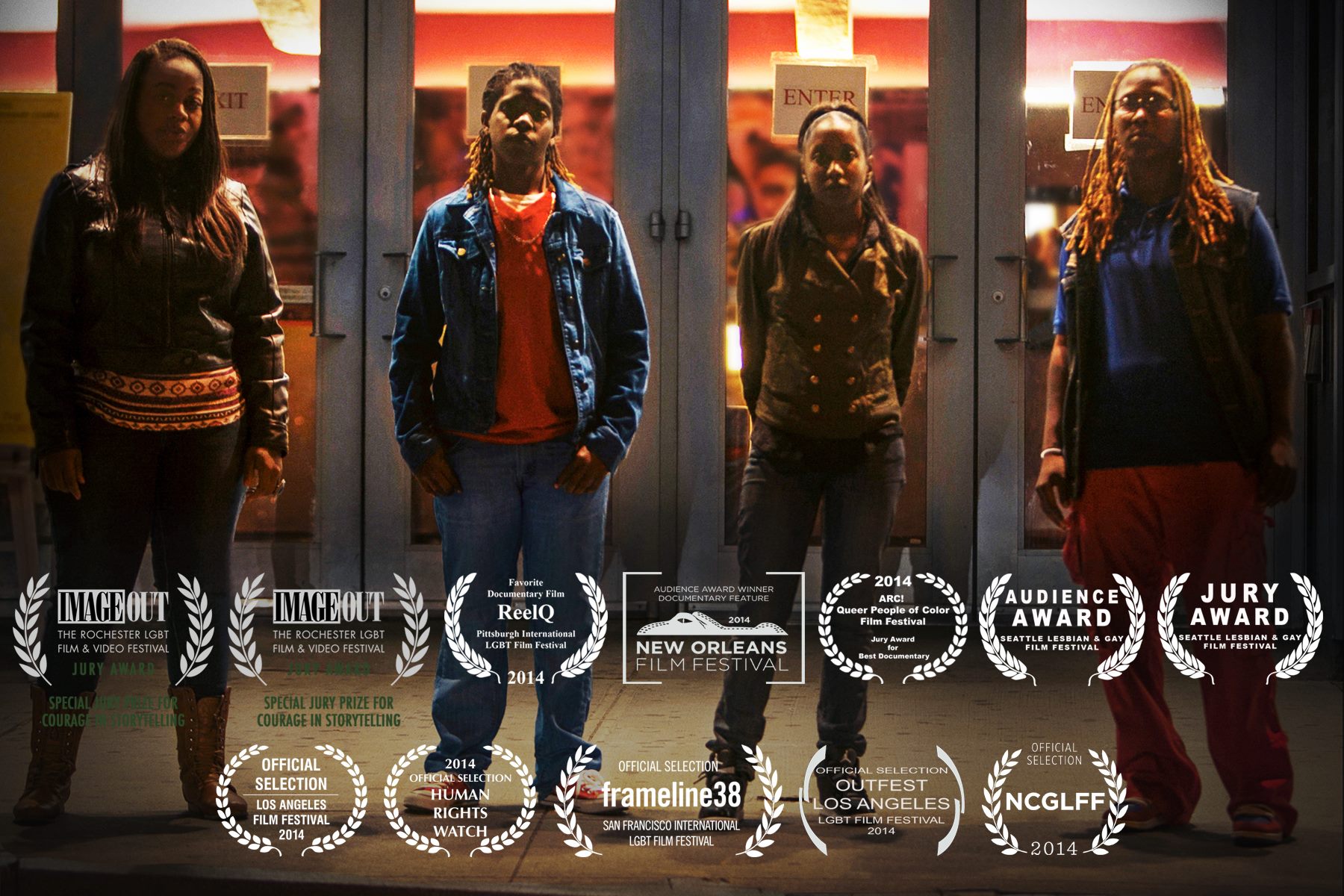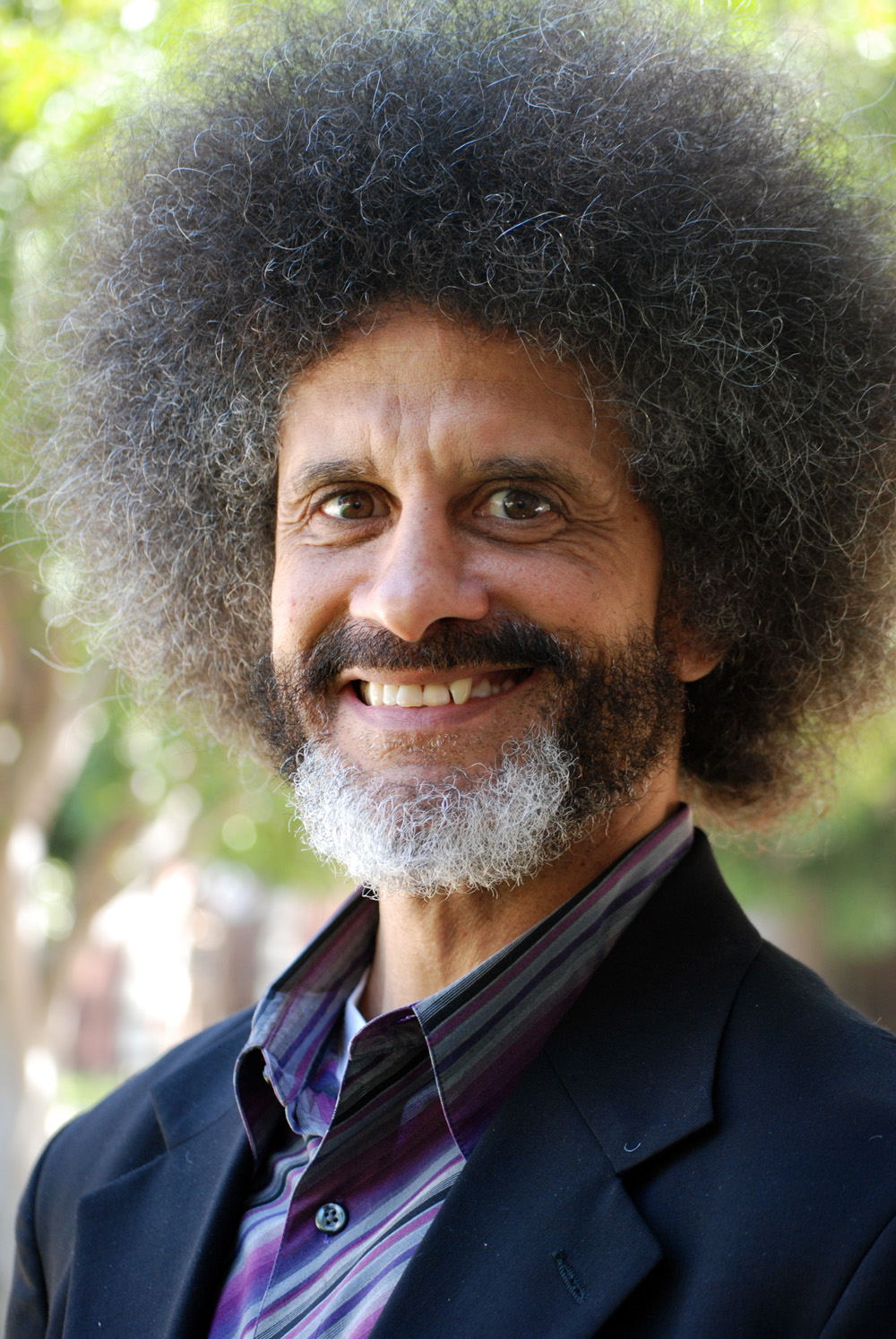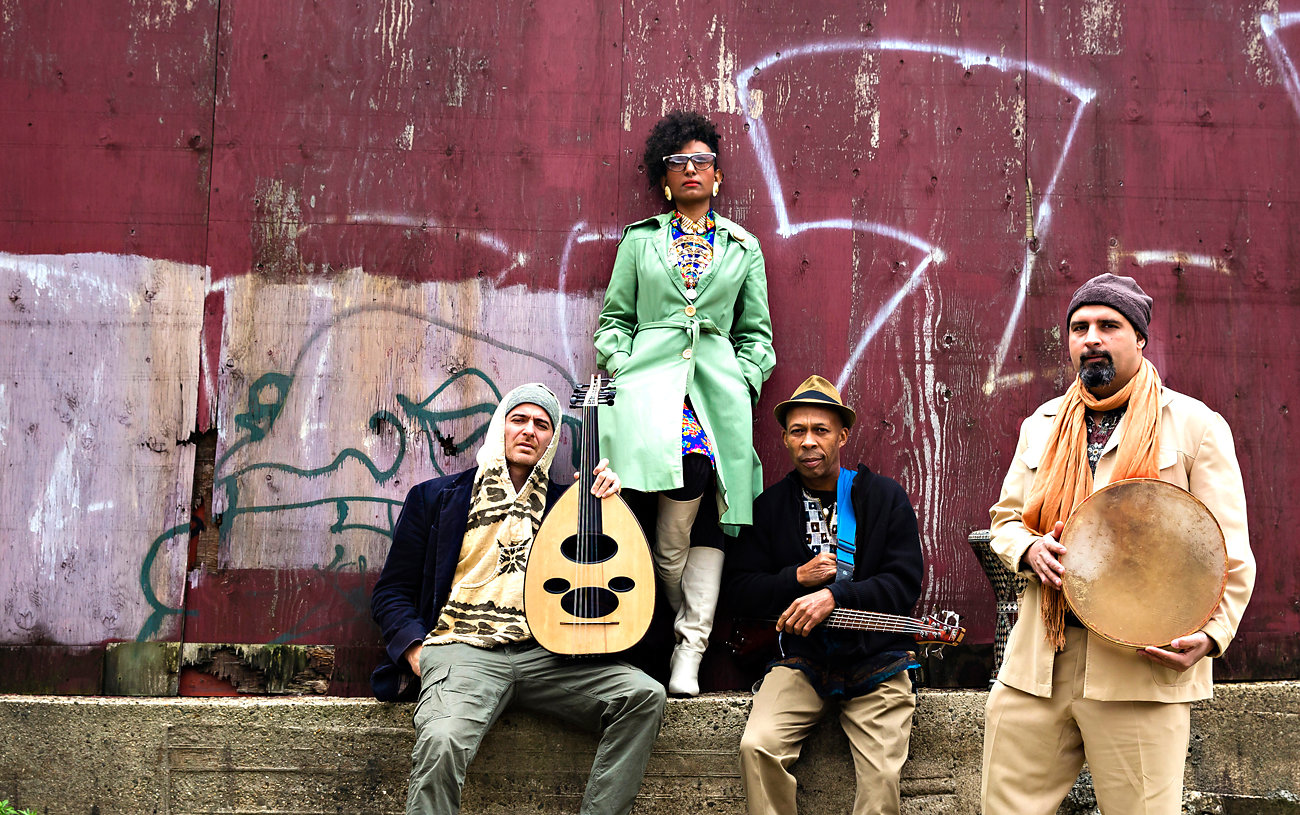All Events

Race Matters Series
Weapons of the [Not So] Weak: Immigrant Mass Mobilization in the U.S. South
MCC LOUNGE
Research shows that foreign-born Latino/as are among those least likely to participate in political activism. Yet during the spring of 2006, up to five million immigrants and their allies took part in a historic national protest wave. Utilizing the case of Fort Myers, Florida, this presentation examines why and how anti-immigrant legislation can motivate unconventional protest participants (soccer players, nannies, agricultural workers) to take action and utilize pre-existing community resources for the purpose of mass mobilization. Dr. Chris Zepeda-Millán is Professor of Ethnic Studies at UC Berkeley.

Cup of Culture
Out in the Night
MCC THEATER
In 2006, seven African-American lesbians were violently threatened by a man on the street in a gay-friendly New York City neighborhood. After defending themselves, four of the women were convicted in the courts and branded by the media as a “Gang of Killer Lesbians.” blair dorosh-walther’s award-winning documentary examines the sensational case and the women's uphill battle, revealing the roles that race, gender identity, and sexuality play in our criminal justice system. (82 min, English, 2013)

Race Matters Series
Race, Rap, and Redemption: The Role of Art in Promoting Racial Justice
MCC LOUNGE
Art in general, and so-called gangster rap in particular, speak to some core concerns of the Black Lives Matter movement such as police brutality, racial profiling, and mass incarceration. Can art and popular culture build empathy for and political solidarity with marginalized Blacks at the same time they entertain listeners? Is there a special relationship between law and rap, and, if so, what is it? Dr. Jody David Armour is a USC School of Law professor.

An Evening of East African Retro-Pop: Alsarah & The Nubatones
MCC THEATER
'…powerful voice and eclectic mix of north and east African tunes, as well as Arabic sounds and traditions” – The Guardian
Sudan-born and Yemen-raised, Alsarah is a singer, songwriter, and ethnomusicologist who gives voice to a narrative of displacement that encompasses her Sudanese musical canon. Based in Brooklyn, The Nubatones blend a selection of Nubian “songs of return” with original material and traditional music of central Sudan, and – with a distinctly urban sensibility – create a musical journey through diaspora and migration.
Tickets: $5 UCSB Students and Children Under 12 / $15 General. Buy tickets here.
Music: Habibi Taal / Soukura
